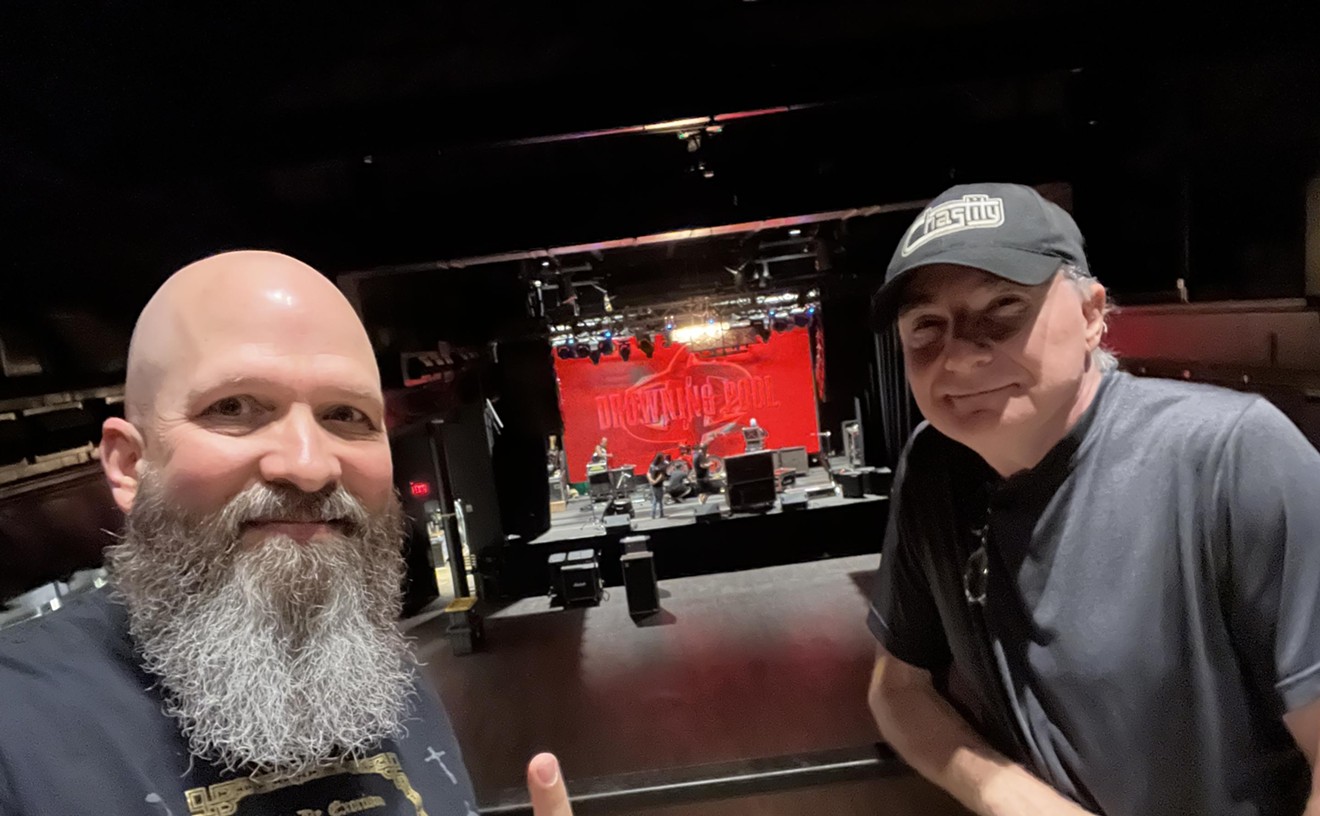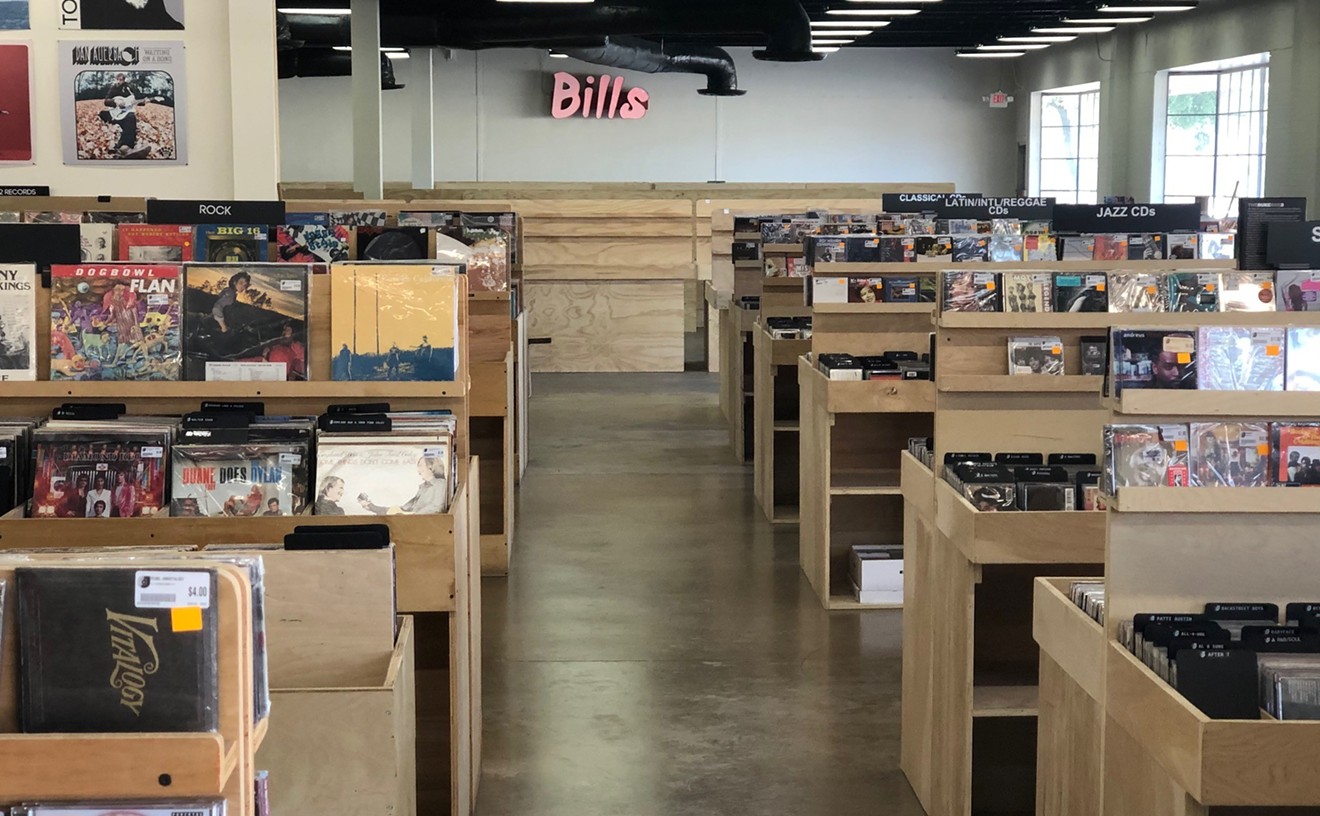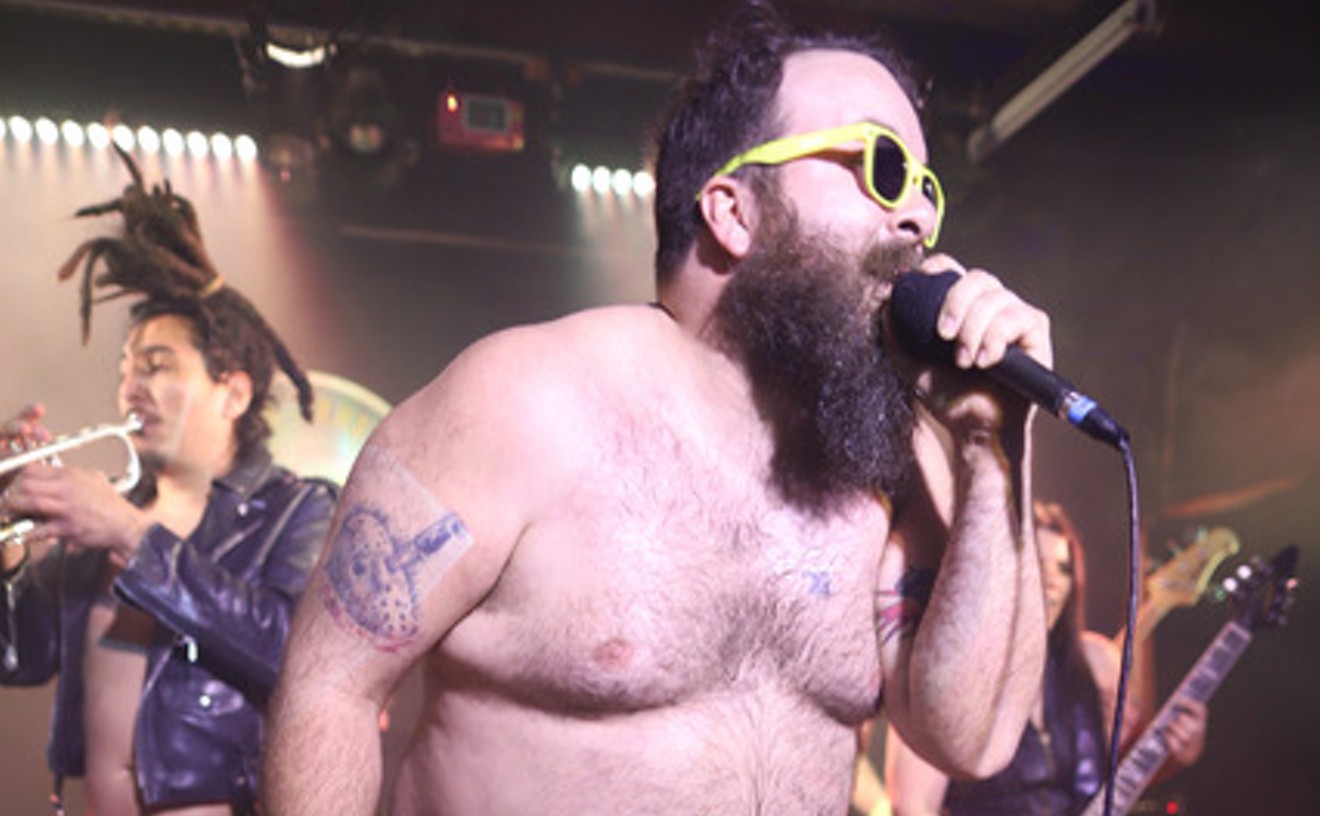“The name of my abuser is Brian Warner, also known to the world as Marilyn Manson,” Wood wrote in a Monday morning Instagram post. “He started grooming me when I was a teenager and horrifically abused me for years. I was brainwashed and manipulated into submission. I am done living in fear of retaliation, slander, or blackmail. I am here to expose this dangerous man and call out the many industries that have enabled him, before he ruins any more lives. I stand with the many victims who will no longer be silent.”
The statement has undoubtedly come as a shock to some fans, casual pop-culture purveyors and millennials who experienced a brief mall-Goth phase in high school. Media insiders, tabloid devotees and deep-diving music buffs, however, have long wondered when Manson’s #MeToo moment would finally come. The 52-year-old industrial shock-rocker’s crimes against Wood have been low-hanging fruit in the gossip world since the actress first revealed in a 2016 open letter to Rolling Stone that she was a survivor of sexual abuse.
For starters, the most damning evidence against Manson has come from his own arrogant-ass mouth. Long before Wood ever took up the cause of anti-rape activism, Manson flagrantly expressed his violent tendencies toward her in a 2009 Q&A with SPIN magazine when asked explicitly about how he dealt with their breakup.
In recalling a coke-binge on Christmas, driven by contempt for Wood, he confessed, “And every time I called her that day — I called 158 times — I took a razorblade and I cut myself on my face or on my hands. … This was intentional …”
Manson told the interviewer, “I wanted to show her the pain she put me through. It was like, ‘I want you to physically see what you’ve done.’ It sounds made up, but it’s completely true, and I don’t give a shit if people believe it or not. I’ve got the scars to prove it.”
In a bone-chilling final thought on the question, Manson digressed, “I have fantasies every day about smashing her skull in with a sledgehammer.”
“I have fantasies every day about smashing her skull in with a sledgehammer.” – Marilyn Manson on Evan Rachel Wood
tweet this
Most remember Manson at the turn of the millennia as both the gore-king of misfit youth and the baby boomer’s cultural scapegoat for the Columbine High School massacre. The height of the singer’s commercial success and global notoriety came in 1999, the same year he published his multi-format autobiography The Long Road Out of Hell (along with co-author Neil Strauss). In it, Manson published an interview in which he recounts date-raping a woman along with Nine Inch Nails' Trent Reznor in appalling, stomach-churning detail. In the story, Manson describes having incapacitated the victim with a “drinking trick [he’d] become somewhat famous for” in which the woman was made to unknowingly chug a tumbler of straight tequila.
The article, commissioned in 1995 for the now long-defunct Empyrean Magazine, was rejected by the publisher upon submission due to alleged “unethical interview procedures” on behalf of the outlet. The world would never have been able to scrutinize Manson’s own admissions if he hadn’t legitimized the interview by publishing it for the first time in his official biography.
So why now? Why is this all coming to light at this moment? Conspiracy theorists will tell you Manson’s recent head dive into an acting career is being sabotaged by the Hollywood elite. Journalists will tell you things boiled over when he hung up on an interviewer from Metal Hammer magazine who asked him about Evan Rachel Wood last November.
But the truth is much less nuanced than that: bystanders aren’t comfortable holding these assholes accountable until their victims suffer through the punishing act of outing them. Nobody wants to be the one to stick their neck out first, so the anti-rape work in a community is relegated to its own survivors.
Since Wood’s disclosure, four more women have spoken to Vanity Fair on what they say is their experiences of abuse at Manson’s hand. And now, bystanders are ready to weigh in. Everyone from former adult film superstar Jenna Jameson, to Limp Bizkit’s Wes Borland and another former fiancée of Manson’s — #MeToo activist Rose McGowan — have rolled out public denunciations (and in McGowan's case, condemnations) of the singer in the aftermath. Even Reznor himself, who has never commented on Manson’s relationship with Wood, condemned his former collaborator in a public statement vehemently denying his involvement in the rape story told by Manson in the 1995 interview.
As Manson’s defenders decry “cancel culture” there’s a bigger point to be made about the insidious enablement of abuse in cultures of “open secrets.” These revelations of sexual abuse are not surprising anymore. The only thing about these cases that still shocks us is how society continues to let abusers discreetly fly under the radar of whisper networks, even in a post-#MeToo world.











